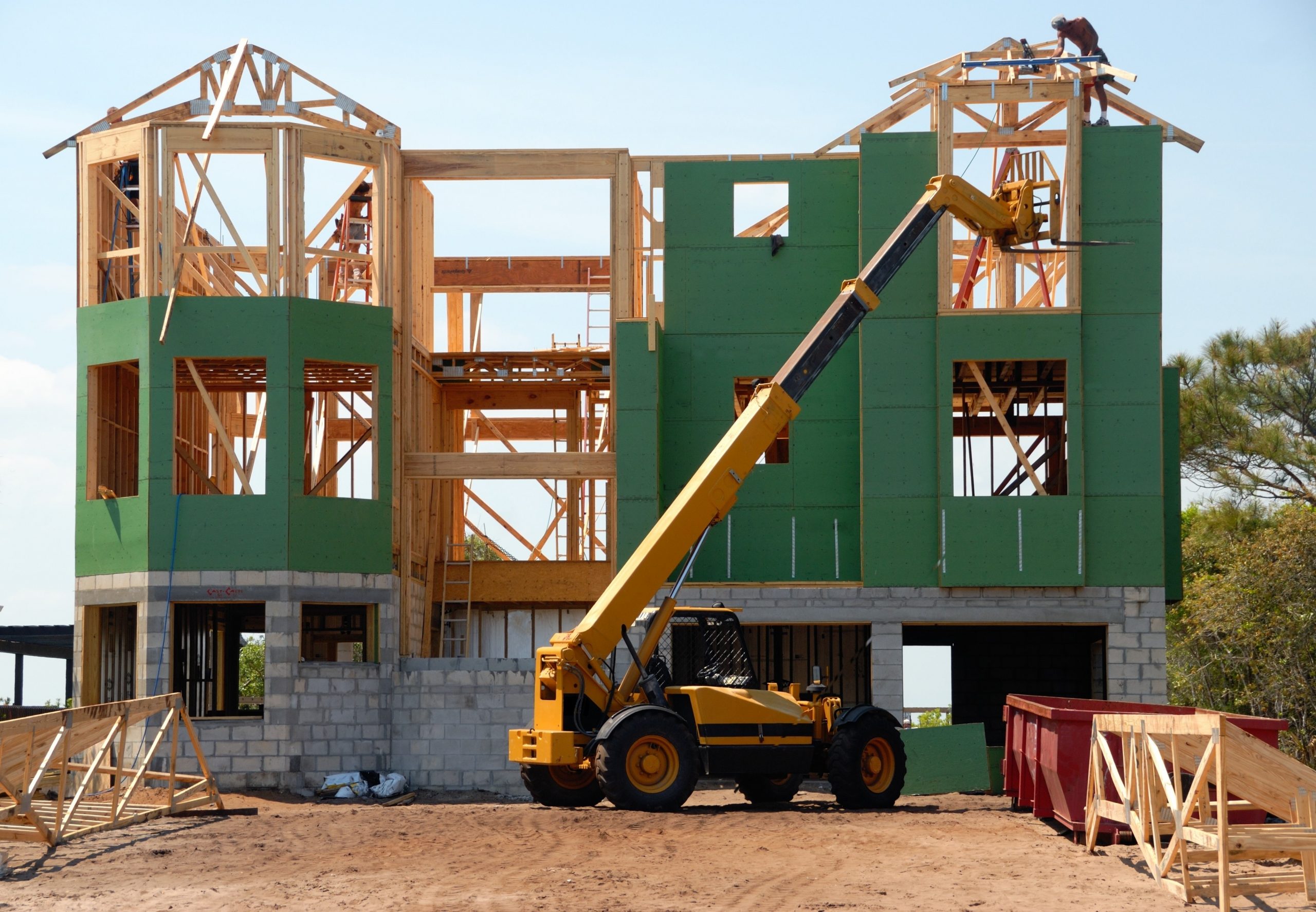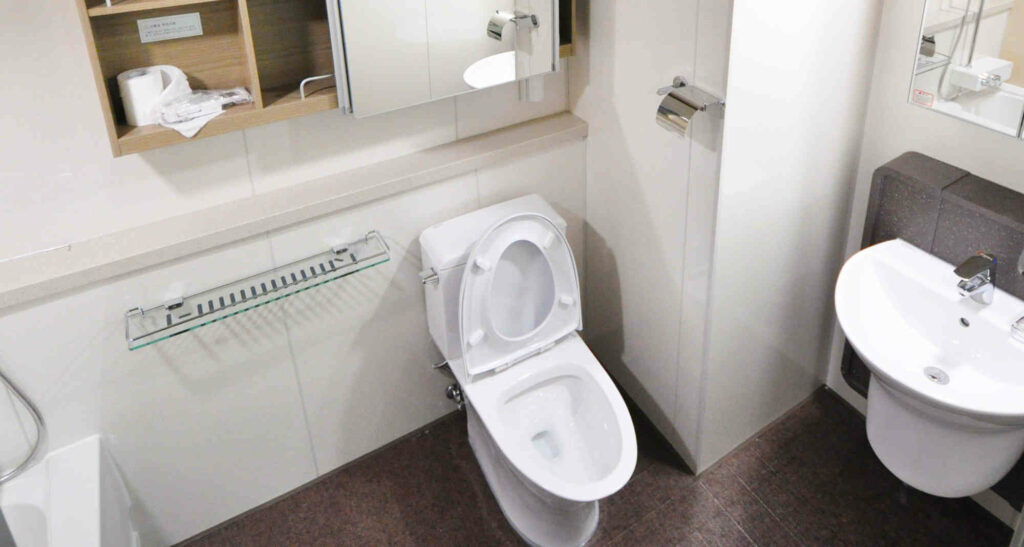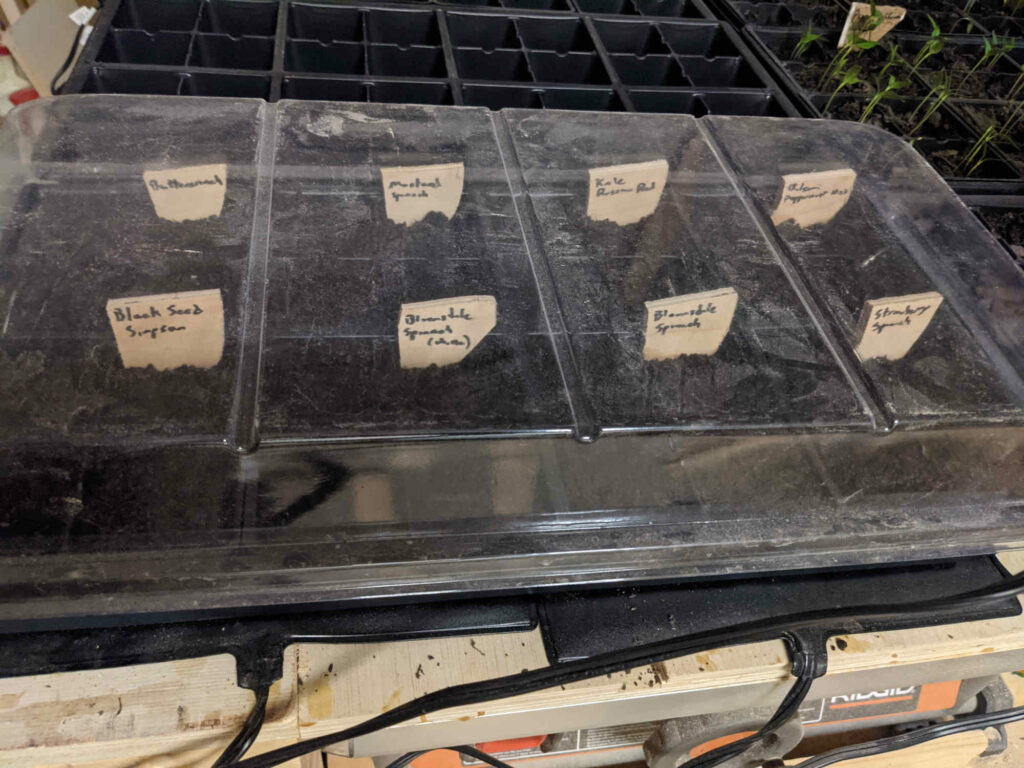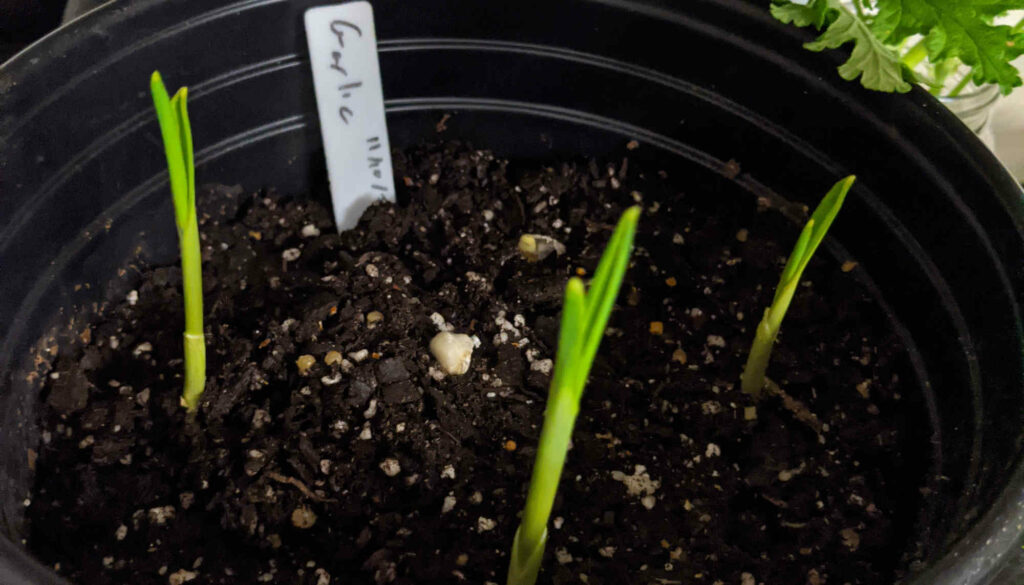This is a Featured Article about the Durham Habitat for Humanity.
History
Habitat for Humanity of Durham has been around for 35 years. They were founded in 1985 by a group of 24 churches called Durham Congregations in Action.
Impact
Since their founding, Habitat for Humanity Durham has constructed over 400 homes in Durham alone. In 2019 alone, they constructed 24 homes! That translates to 24 families that aren’t going to be homeless or living in inadequate or dangerous housing.
Our community also benefits. The more people who have affordable, stable, housing, the better off we all are.
Programs Available
Everyone knows about Habitat’s main mission of constructing homes. However, they have a few other programs that also have a huge benefit on the community.
One of these programs is their repairs program. Not all individuals and families who go through Habitat for Humanity need a new house. Sometimes, they need help staying in the house they already have. To help, Habitat for Humanity works with their volunteers and contractor partners to perform necessary repairs.
Additionally, Habitat for Humanity does a fair amount of deconstruction work. Although this is technically part of the Habitat Restore (a separate organization), it is all part of the same mission.
Homeowners
The primary benefit of Habitat for Humanity Durham is the benefit to the homeowner. At the end of the process, a family has a brand new home. This helps ensure their financial future and increases their health and safety.
In order to qualify, a potential homeowner must meet several criteria.
Firstly, there is a residency requirement. All potential homeowners must be a resident citizen or permanent resident of Durham.
Secondly, all potential homeowners must have provable income. It’s actually a myth that the homeowners get their homes for free. Instead, they’re given a beneficial mortgage where Habitat for Humanity is the lender. Therefore, they have to make payments towards that mortgage just like any other homeowner.
One of the most unique aspects of this mortgage, however, is the down payment. Instead of a cash down payment, homeowners are required to put in a sweat equity down payment, largely through the construction of their own home. Is there a better way to know how to care for your home than to build it yourself?
Thirdly, there is a needs-based portion to the application. Habitat gets more applications than they fulfill each year. Therefore, they aim to have the greatest impact with their resources.
How to Get Involved with Habitat for Humanity
There are a lot of ways to get involved with Durham’s Habitat for Humanity.
Firstly, like most nonprofits, Habitat runs on donations. And, our donations go a long way. It takes between $50,000 and $75,000 to build each house. Because homeowners also pay a mortgage back to Habitat, your donations are effectually reoccurring. You can also donate cars, get matching donations from your employer, or sponsor fun events. For example, some of the runners in the area create an event “The House That Runners Built” and have raised enough money to build 2 houses now!
Secondly, Habitat for Humanity relies on its volunteers. It is volunteers who are putting in the bulk of the man hours on each house. True, professionals are needed for certain tasks, but the volunteers take a huge chunk of the labor still.
Thirdly, donate your furniture, construction supplies, and more to the Habitat Restore. The funds from the Restore go to support the missions of Habitat for Humanity in the 4 neighboring counties.
Finally, Habitat also does a fundraiser each year where groups paint playhouses and then those playhouses are auctioned off. You can either sign up your group to make one or bid on them around Christmastime each year.
Personal Experience
I have personally volunteered hundreds of hours with Habitat for Humanity Durham. I’ve gotten to know many volunteers and staff through their organization and have thoroughly enjoyed my experience working with them. I admire the work they’re doing for our community.
Covid-19 has slowed them down some, but Habitat for Humanity never actually shut down during the pandemic. They reallocated staff to allow them to continue to serve the community.







Leave a Reply